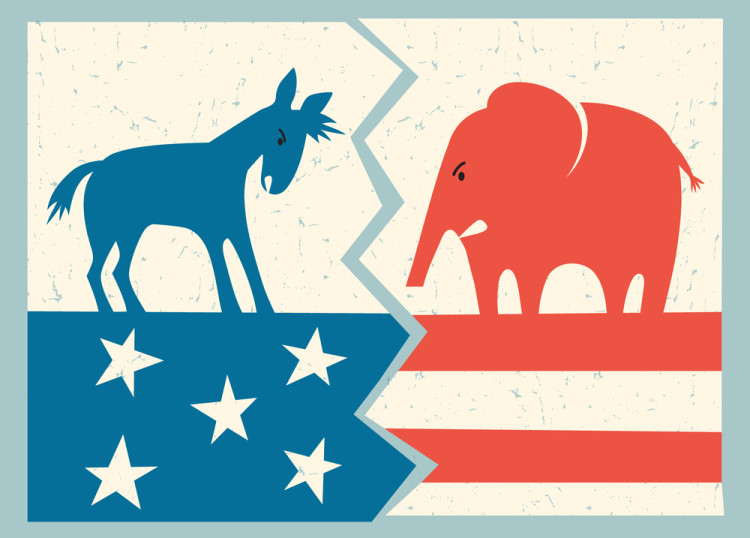Voters Deserve to Know More About Candidates’ Health: Editorial

published Sep 11th 2016, 8:17 pm, by The Editors
(Bloomberg View) —
Like all of us, Hillary Clinton and Donald Trump are going to die. Will it be in the next four years? Probably — ideally — not. But for voters, that’s a reasonable question, especially given that Clinton is 68 and Trump, 70. Clinton’s hasty exit from a Sept. 11 ceremony on Sunday, later revealed to be pneumonia-related, followed days of questions about her coughing. Unfortunately, both candidates have refused to divulge the kind of information that would enable anyone to arrive at an informed opinion about their health.
Citizens weigh many factors when selecting a president, and health is a legitimate one. If a candidate is pushing past the traditional retirement age, and especially if voters have concerns about his or her vice-presidential pick, health may weigh heavily. That was the case for some Americans in 2008, when Senator John McCain –- who was 72 on Election Day –- chose Sarah Palin as a running mate.
McCain, however, allowed reporters to see eight years and more than 1,000 pages of his medical records. The public learned details about his bouts with skin cancer, kidney stones, an enlarged prostate and other conditions. That level of transparency was unusual, but given Clinton and Trump’s age, it should be their model.
Instead, both have released only perfunctory letters from their personal doctors, lacking in detail. Clinton’s doctor provided at least some information on her medical history and current vital signs, similar to what Barack Obama released in 2008. But Obama was then only 46. And just four years ago, Clinton suffered “a terrible concussion that required six months of very serious work to get over,” according to her husband.
Trump’s doctor issued an even shorter letter calling Trump’s blood pressure and unspecified lab results “exceedingly excellent.” He ended the letter by declaring, “If elected, Mr. Trump, I can state unequivocally, will be the healthiest person ever elected to the presidency” — giving new meaning to the term “spin doctor.” Trump has tweeted that he has “no problem” releasing detailed medical records, but so far has not done so.
Voters have learned to take doctors’ notes with a dose of skepticism, ever since a doctor who had treated Paul Tsongas, a 1992 contender for the Democratic presidential nomination, withheld information about his history with cancer. By the time Bill Clinton took the oath of office the following year, Tsongas was back to battling cancer. He died days before Clinton’s first term expired.
That prompted calls for an independent committee of medical experts to review candidates’ medical records and release summary reports. Nothing came of it — though it remains a good idea, if still unlikely to happen.
Mandating such disclosure would be a step too far; it might not even be constitutional. But voters should demand that Clinton and Trump be more forthcoming.
–Editors: Francis Barry, Mary DuenwaldTo contact the senior editor responsible for Bloomberg View’s editorials: David Shipley at davidshipley@bloomberg.net .
For more columns from Bloomberg View, visit Bloomberg view
copyright
© 2016 Bloomberg L.P







No Comment